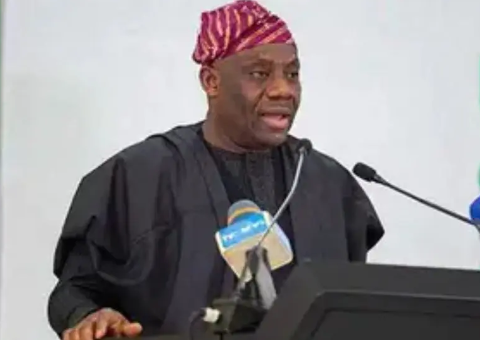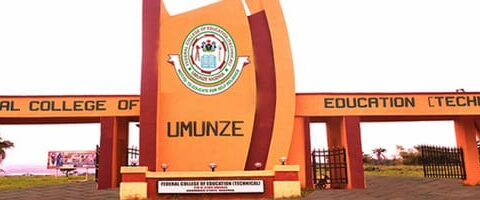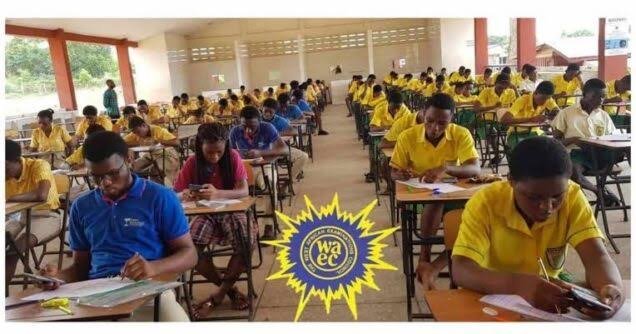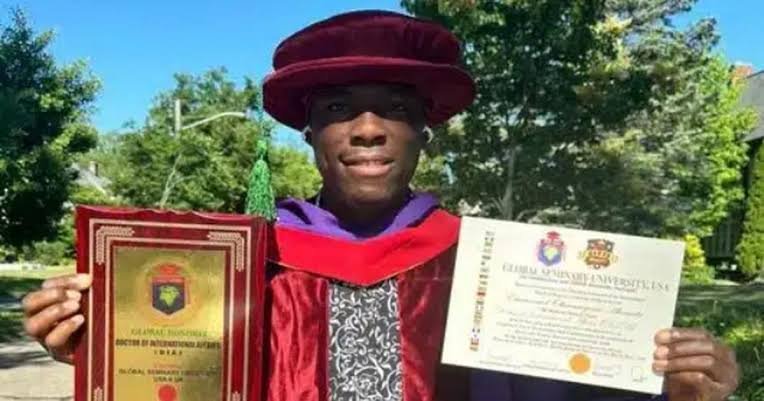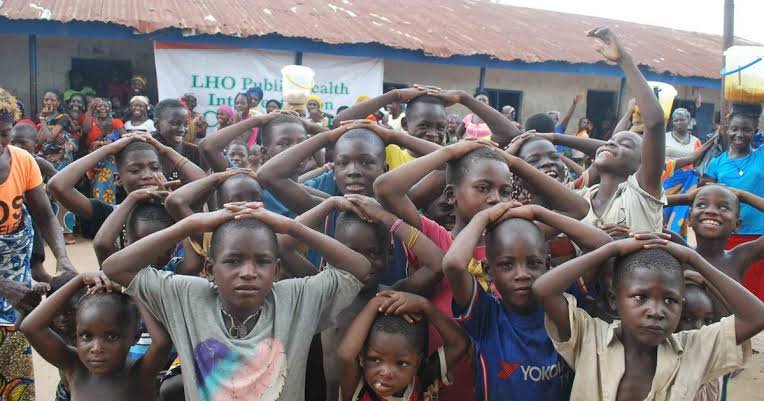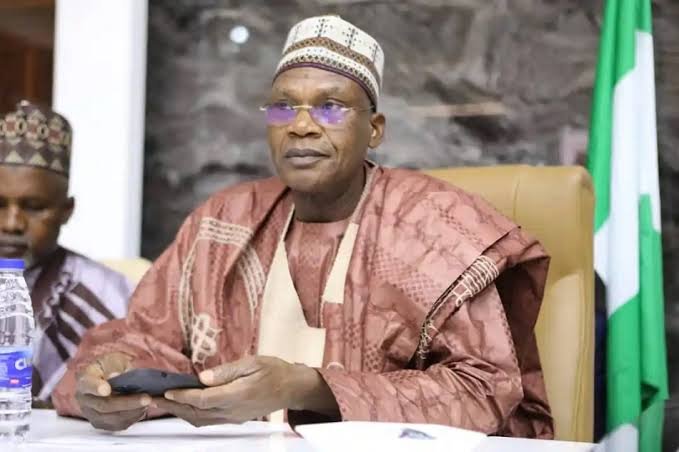The Spokesperson of the Nigeria Education Loan Fund (NELFUND), Nasir Ayitogo has explained the reasons for the exclusion of institutions from the South East part of the country from the scheme.
He explained that only institutions which responded to NELFUND’s verification lists, sent to eligible institutions nationwide, have been included in the disbursement.
“There is no consideration of geopolitical zones in disbursement. NELFUND sent a verification list to every eligible institution. Only those that responded are receiving funds. We have not yet received any responses from institutions in the South-East,” he said while responding to the question by the press.
According to a statement by the Senate President, Godswill Akpabio, at least 30,000 students from various tertiary institutions across the country have been selected to benefit from the newly established Nigerian Education Loan Fund (NELFUND).
According to NELFUND’s circular, over N2.9billion has been allocated and distributed as loans for tuition fees to more than 27,000 students across 19 higher education institutions in Nigeria.
Daily Query reports that that the distribution of the 19 institutions are North East 3, South West 6, North West 3, South South 1 and North Central 6 and South East nil.
The Tinubu Administration has reportedly excluded tertiary institutions in the South-East from the initial list of beneficiaries in the Nigerian Education Loan Fund (NELFUND) disbursement.
The exclusion of the South-East region has fueled ongoing criticisms of the All Progressives Congress (APC) government, which has been accused of consistently neglecting the region in political and administrative matters since the party assumed the presidency in 2015
NELFUND is primarily funded by 1% of the revenues from taxes, levies, and duties collected by the Federal Inland Revenue Service, Nigerian Immigration Service, and Nigerian Customs Service. Additional funding comes from natural resource profits, education bonds, endowment funds, and donations.
The loans cover tuition, fees, and maintenance costs, with repayment starting two years after completing the National Youth Service Corps (NYSC) programme.

